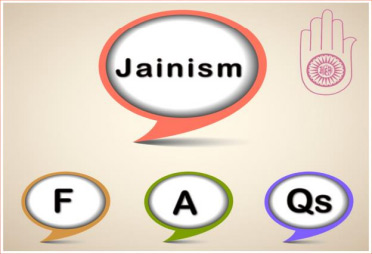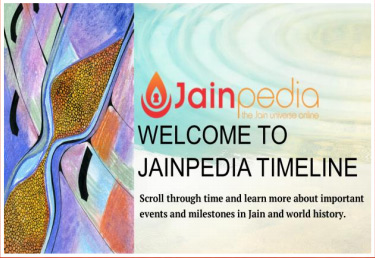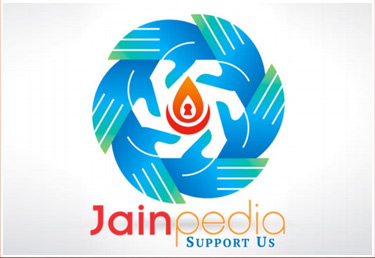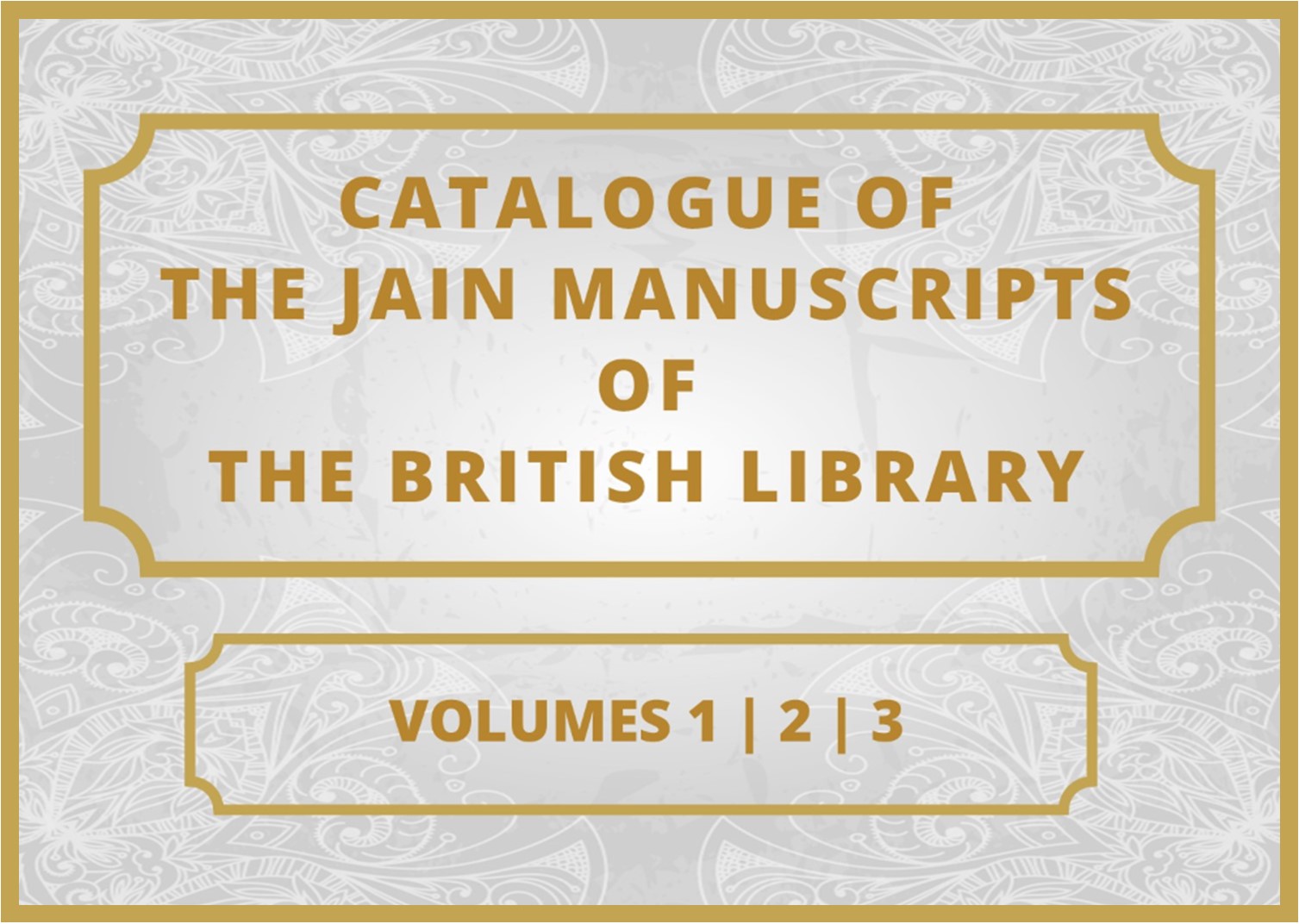Welcome To JAINpedia
Aḍhāī-Dvīpa (Or. 13937)
The JAINpedia website three principal aims are of increasing knowledge among Jains and non-Jains, and offering academic resources. Each piece of content on the website is closely integrated with other parts, producing a seamlessly rich online experience. it is often citied as the most comprehensive and respected online resource on Jainism.
Welcome To JAINpedia
Giving alms to a monk
The JAINpedia website three principal aims are of increasing knowledge among Jains and non-Jains, and offering academic resources. Each piece of content on the website is closely integrated with other parts, producing a seamlessly rich online experience. it is often citied as the most comprehensive and respected online resource on Jainism.
Welcome To JAINpedia
Woman singing hyms
The JAINpedia website three principal aims are of increasing knowledge among Jains and non-Jains, and offering academic resources. Each piece of content on the website is closely integrated with other parts, producing a seamlessly rich online experience. it is often citied as the most comprehensive and respected online resource on Jainism.
Welcome To JAINpedia
Suri mantra pata
The JAINpedia website features over 5000 folios of important Jain manuscripts with explanations, translations and transliterations as well as over 130 original articles with more to be added as well an extensive E–Library
Welcome To JAINpedia
Jain offerings in a Mumbai Temple
The JAINpedia website features over 5000 folios of important Jain manuscripts with explanations, translations and transliterations as well as over 130 original articles with more to be added as well an extensive E–Library
Welcome To JAINpedia
World of human beings
The JAINpedia website features over 5000 folios of important Jain manuscripts with explanations, translations and transliterations as well as over 130 original articles with more to be added as well an extensive E–Library
Featured Articles and Manuscripts
Festivals
Jain festivals are public statements of the beliefs of the Jains and their identity..
Mayṇāsundarī
The wife of King Śrīpal, Madanasundarī is the model wife of the Śvetāmbara..
Kalpa-Sūtra (Or. 13700)
The Kalpa-sūtra is the most frequently illustrated Jain text of the Śvetāmbara..
Kalpa-Sūtra With Guja..
The first part of the Kalpa-sūtra deals with the lives of the Jinas, especially..












 Stay
Stay
